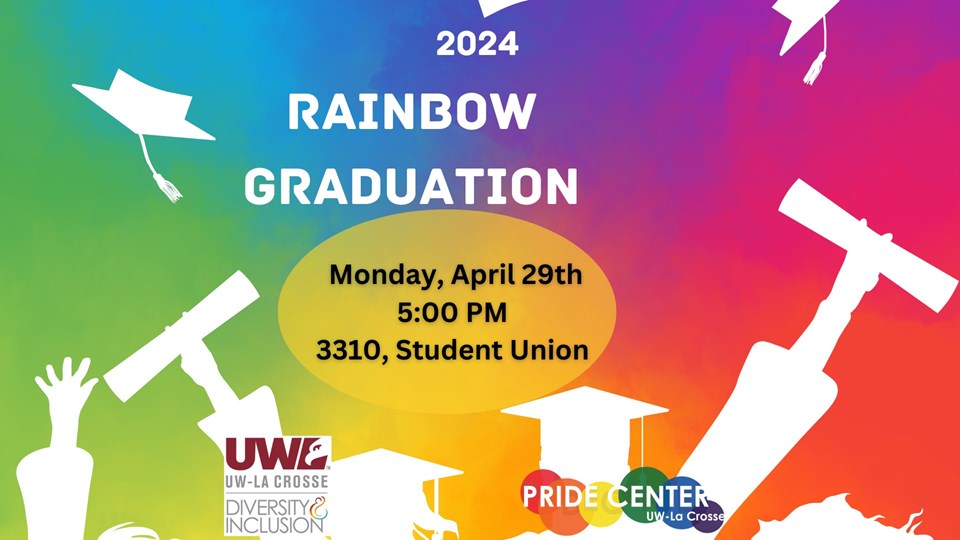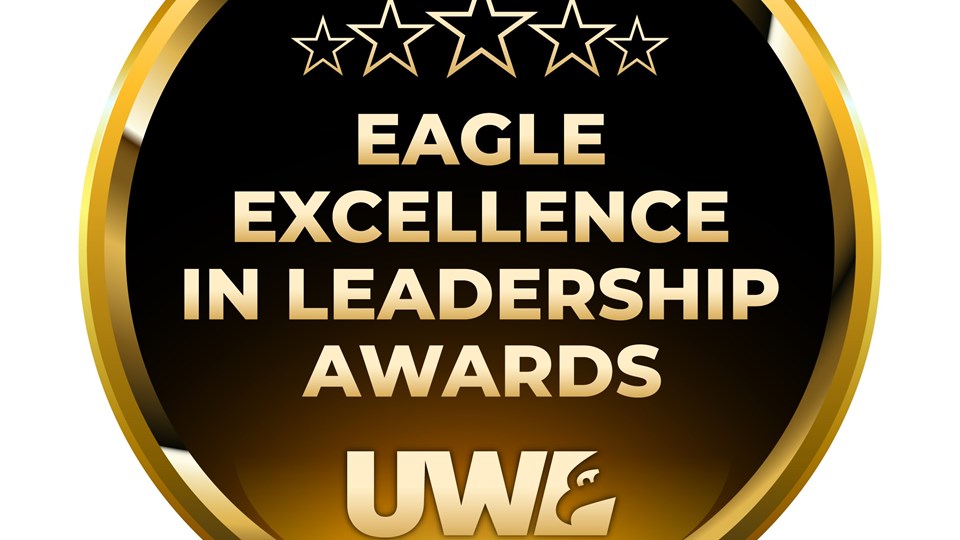Bias response
A page within Center for Transformative Justice

Our Team
UWL views hate/bias incidents and all manifestations of prejudice and intolerance as contradictory to our mission as a university and a community, and as a threat to each individual's right to a safe living, learning and working environment. Because of this, the Hate Response Team was formed in 2005 to provide an outlet to share and appropriately address all such incidents, and ultimately better understand our campus climate. Currently, our membership is comprised of the following Hate Response Advocates:
- Nizam Arain, Affirmative Action | 608.785.8541
- Stephanie Brown, Counseling & Testing | 608.785.8073
- Abbi Clauss, Campus Climate | 608.785.5095
- Amanda Goodenough, Campus Climate | 608.785.5093
- Patrick Heise, Residence Life | 608.785.8075
- Barbara Stewart, Diversity & Inclusion | 608.785.5092
- Will Van Roosenbeek, Pride Center | 608.785.8887
- Antoiwana Williams, Multicultural Student Services 608.785.8833
Our Purpose
The Hate Response Team shares the university's commitment to a culturally diverse and inclusive climate that fosters intellectual and academic freedom, the free expression and exchange of all ideas, and the well being of its students, faculty, staff and visitors. At the same time, we acknowledge that no campus is immune to larger systemic issues such as racism, homophobia, religious intolerance, sexism, ableism and classism.
As outlined in the UW Board of Regents policy document 14-6, "Discrimination, discriminatory attitudes, and expressions that reflect discrimination are inconsistent with the efforts of the University of Wisconsin System to foster an environment of respect for the dignity and worth of all members of the university community and to eliminate all manifestations of discrimination within the university…. All such episodes are harmful to the individuals directly involved, and diminish the university community as a whole." (UW Board of Regents, Policy Document 14-6)
Therefore, the Hate Response Team exists to combat the many forms of hate/bias and all manifestations of prejudice and intolerance through consistent assessment of the campus climate, proactive educational efforts for all, and comprehensive response and counsel to the individual and collective impacted by hate/bias. We envision an atmosphere of civility and acceptance, where people can be who they are, and respect prevails in all forms of expression and interaction. Implicit in this respect is the right of each of us to live, learn, teach and work free from harassment or discrimination on the basis of race/ethnicity, religious or political affiliation, age, gender, gender identity/expression, sexual orientation, nationality or ability.
With this at the core of our efforts, the fundamental role of the Hate Response Team is to:
- Collect and respond to information on any and all incidents of hate/bias and intolerance
- Provide immediate support for those impacted by hate/bias and intolerance
- Create a safe space for all voices to be heard
- Assist targets/victims in connecting with support services
- Facilitate proactive and ongoing, educational training about the impact of hate/bias
- Raise awareness and empower bystanders to promote a culture of civility & respect
- Inform administration and recommend best practices in terms of policy and action, based on trends and findings
Our Collective Responsibility
In order to prevent hate/bias incidents from creating a hostile environment for any individual or group on campus and interfering with UWL's educational mission, we believe the university and all people of conscience within the campus community must raise their voices in opposition to messages of hate and intolerance, and in support of inclusiveness for all. Please join the Hate Response Team in our efforts to reject prejudice, discrimination and acts of hate in order to maintain and further a culturally diverse and inclusive campus climate where all identities and perspectives are embraced.
Our First Amendment Considerations
It is important to note that not every act which may be offensive to an individual or group will be considered to be discriminatory conduct and a violation of system or institutional policy. Whether a specific incident constitutes harassment proscribed by university policy will be decided on a case-by-case basis. Due consideration will be given to the protection of individual First Amendment rights to freedom of expression and academic freedom . (UW Board of Regents policy document 14-6)
While the First Amendment protects the free expression of ideas that are sometimes offensive, that does not mean the university is powerless to respond. Instead of trying to censor or punish free speech, the Hate Response Team documents and tracks these incidents in order to:
- Assist the victim/target in receiving the appropriate services (if requested)
- Develop programming and training opportunities to address intolerance
- Detect emerging patterns of hateful or biased activity
- Publish aggregated data about these incident rates and trends
- Make recommendations to campus leadership for the prevention of future hate/bias incidents
Of course, people who commit acts of hate or bias that are not protected under the First Amendment may be subject to disciplinary proceedings or prosecution. Possible examples include physical assault, vandalism, trespassing, harassment, incitement, or genuine threats of violence.
Our Response Protocol
Through the online Hate/Bias Incident Report Form, the Hate Response Team seeks to collect information on any and all incidents of hate, bias and discrimination motivated by a person's actual or perceived identity, which could include race, ethnic background, nationality, sex, sexual orientation, gender identity, gender expression, disability, religious affiliation.
All hate/bias incident reports are immediately received by the Hate Response Team, and then documented and reviewed on a regular basis. Depending on the information provided and the wishes of the reporter, a Hate Response Advocate will respond and determine action steps on a case-by-case basis. Regardless, the Hate Response Team compiles all information over the course of each academic year to shape educational trainings and programs geared towards the prevention and anticipation of future hate and bias incidents.
Below are a couple guiding documents for response:





